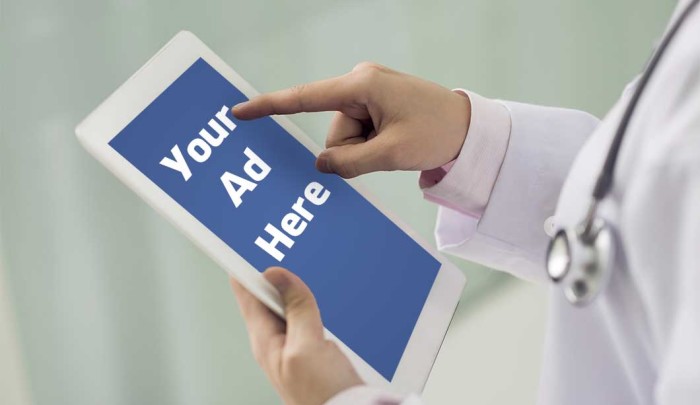Transparency International (TI), an anti-corruption organization currently best known for its Corruption Perceptions Index, now has pharma in its sights. Pharm Exec spoke to Sophie Peresson, Director of TI’s Pharmaceuticals & Healthcare Program, about how the organization will go about understanding and combating corruption in the sector.
"Seventeen per cent of people worldwide stated they had paid a bribe when dealing with the medical sector in a global survey of 114,000 citizens in 2013, and 45 per cent believed medical and health services to be corrupt or extremely corrupt. "








